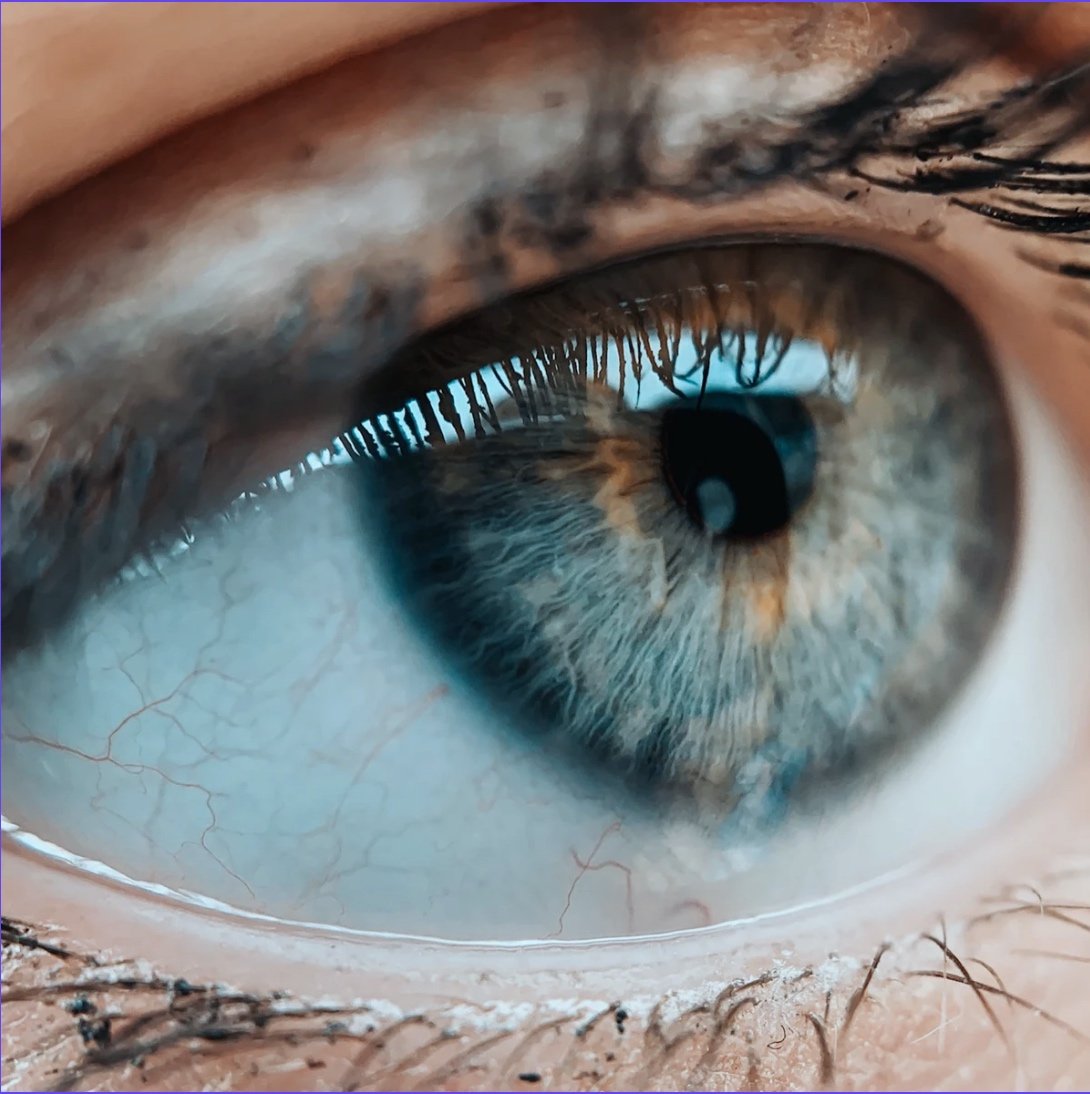Healthy Make Up Habits
Have you considered how your make-up habits might be impacting the health of your eyelashes and eyes?
Makeup is more than just a beauty ritual—it’s a source of confidence and personal expression. At Elin Eyes, we understand the struggle many with dry eye disease (DED) and ocular surface disease (OSD) face when makeup exacerbates their symptoms. You shouldn’t have to sacrifice beauty for comfort, and we’re here to help you strike that balance.
While makeup is meant to boost our confidence and enhance our appearance, some habits can actually do more harm than good—both now and in the long run. This is Elin Eye’s Guide to keeping your eyes healthy and comfortable, even when wearing makeup.
Take it Off
Always remove it at night!! Removing your make-up well at the end of the day goes a long way in keeping the eyes clear, comfortable, and healthy. Sleeping in your make-up leads to blocked glands and eye infections. As well as avoiding irritated eyes, sleeping in mascara can cause lash thinning and brittleness. Don't skimp on lid cleanser or makeup remover, as some eye cosmetics are oil-based, meaning that using plenty of remover means less wiping and pulling on the lashes and eyelids. This is where the Elin Eyes Range can help.
Watch Where You Put It
Make sure your skin, eyelids & lashes are clean before you put make-up on. Avoid tightlining and putting eyeliner on the inner rim or waterline of your eyelids. This clogs the glands that keep your eyes comfortable and the rim of your eye white and healthy. It also means more make-up ends up in your eyes.
Keep It to Yourself
Never share eye makeup… you're sharing more than just the colour. You wouldn't share a toothbrush, so why would you share mascara or eyeliner? When multiple people use the same makeup, it's been shown there are more bacteria in the product – which becomes shared bacteria.
Replace It
We love makeup, but so do bacteria & fungi! It's essential to follow the manufacturers' guidelines & replace your makeup, usually every three to six months. Infection-causing bacteria grow quickly & preservatives lose effectiveness with time. Bacterial presence is proportional to how old the make-up is & how much you’ve used it. Worst of all, the build-up of moisture, sebum, & dead skin cells, as well as Demodex mites, accumulates on the makeup applicator over time & can contaminate the product. Keeping eye pencils sharp & cleaning make-up brushes every 1-3 weeks also help keep bacteria at bay.
Timing Matters
Remember, if you wear contact lenses, do put these in before you apply makeup & take them out before taking your makeup off. If you use eye drops, put these in 15-30 minutes before doing your makeup.
Mind the Formula's you use…
For eye shadow look for cream formulas, & if you can choose water based rather than oil. Glitter formulas can be very irritating for dry eyes so try & steer clear. Consider keeping your shadow in place with a primer. For eyeliner, eye pencils can be less irritating than liquid, gel or cream liners… & again you can sharpen them to keep them fresh.
When it comes to mascara, avoid using fibre or lash-extending mascaras. Waterproof formulas also tend to be more irritating. Look for hypo-allergenic, oil- & fragrance-free formulas.
…& the Ingredient List
Many make-up & makeup remover ingredients can cause further damage to the eye surface & tear-producing glands. Evidence from leading eye health education organisation, The Tear Film and Ocular Surface Society, recommend avoiding the following around the eyes are:
Benzalkonium Chloride (BAK)
Parabens
Sodium Lauryl Sulphate
Formaldehyde & Formaldehyde Donors (Quaternium 15, Ureas, DMDM hydantoin)
Isopropyl Cloprostenate
Isopropyl or denatured Alcohol
Fragrances
Phenoxyethanol
Cadmium
Argiriline (acetyl hexapeptinde-3 or Acetyl hexapeptide-8)
Butylene Glycol
Carbon Black
Chlorphenesin
Ethylenediaminetetraacetic acid (EDTA)
Diazolidinyl, Chlorphenesin
Lead, Nickel, Selenium & Thallium

